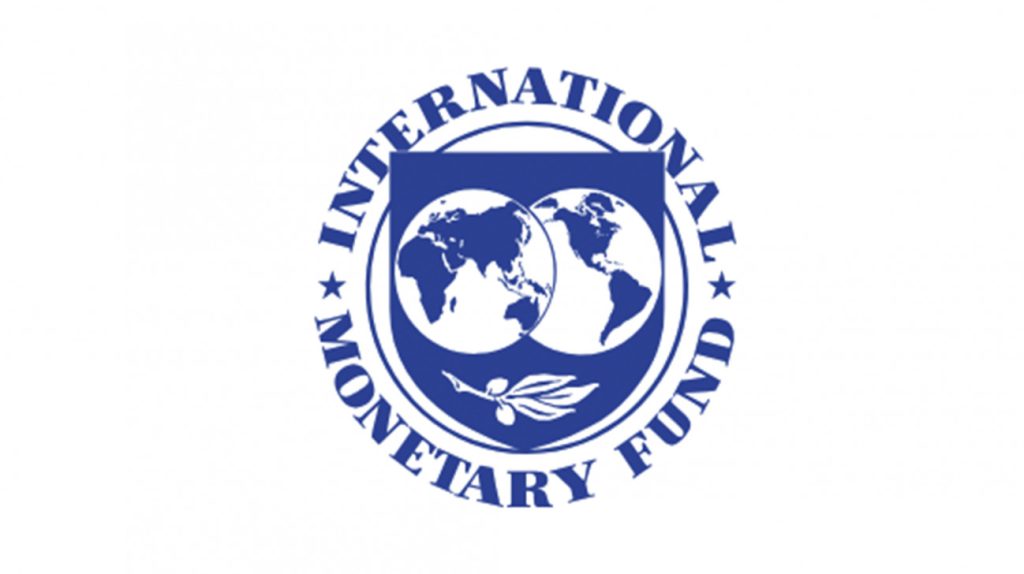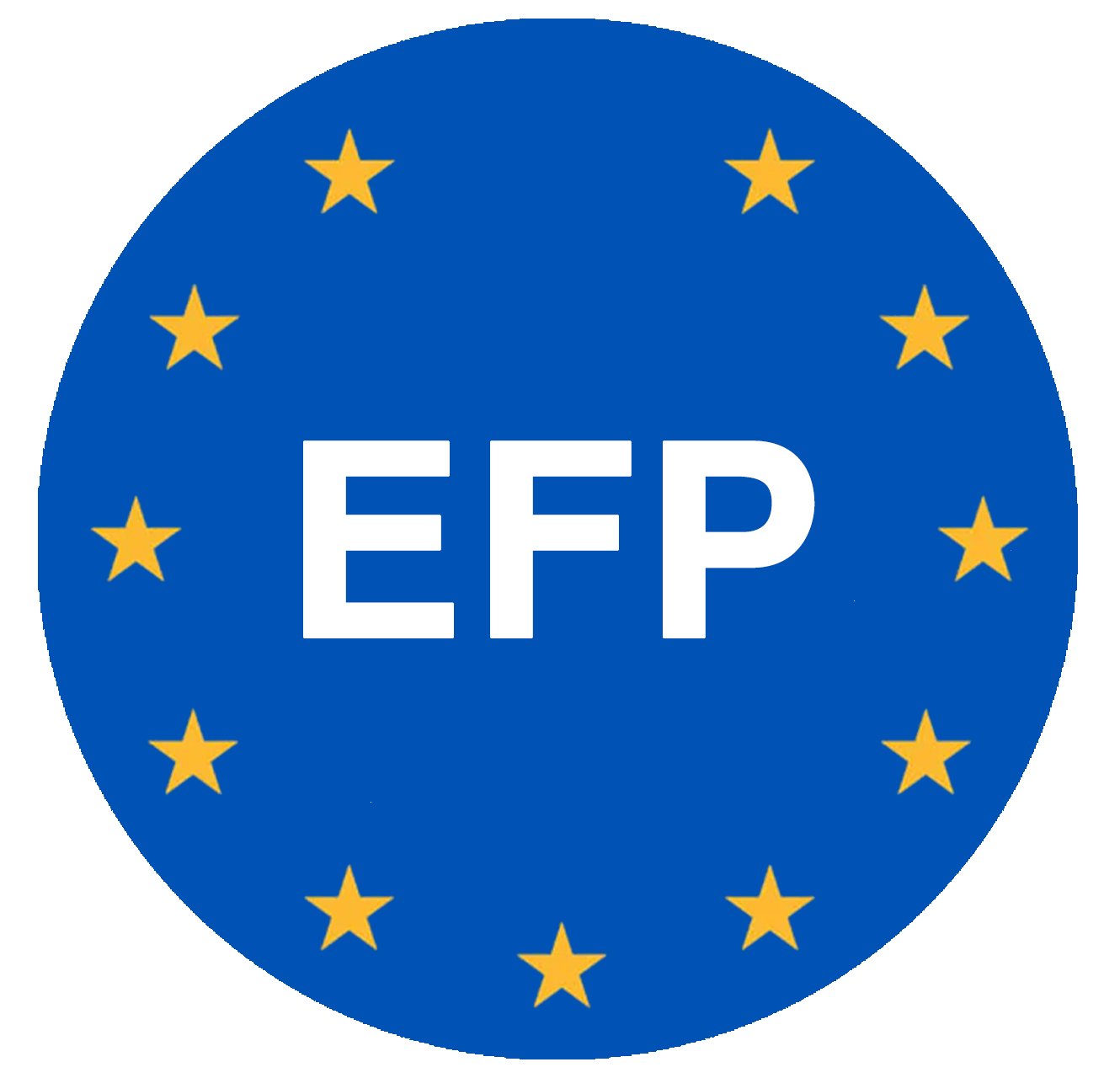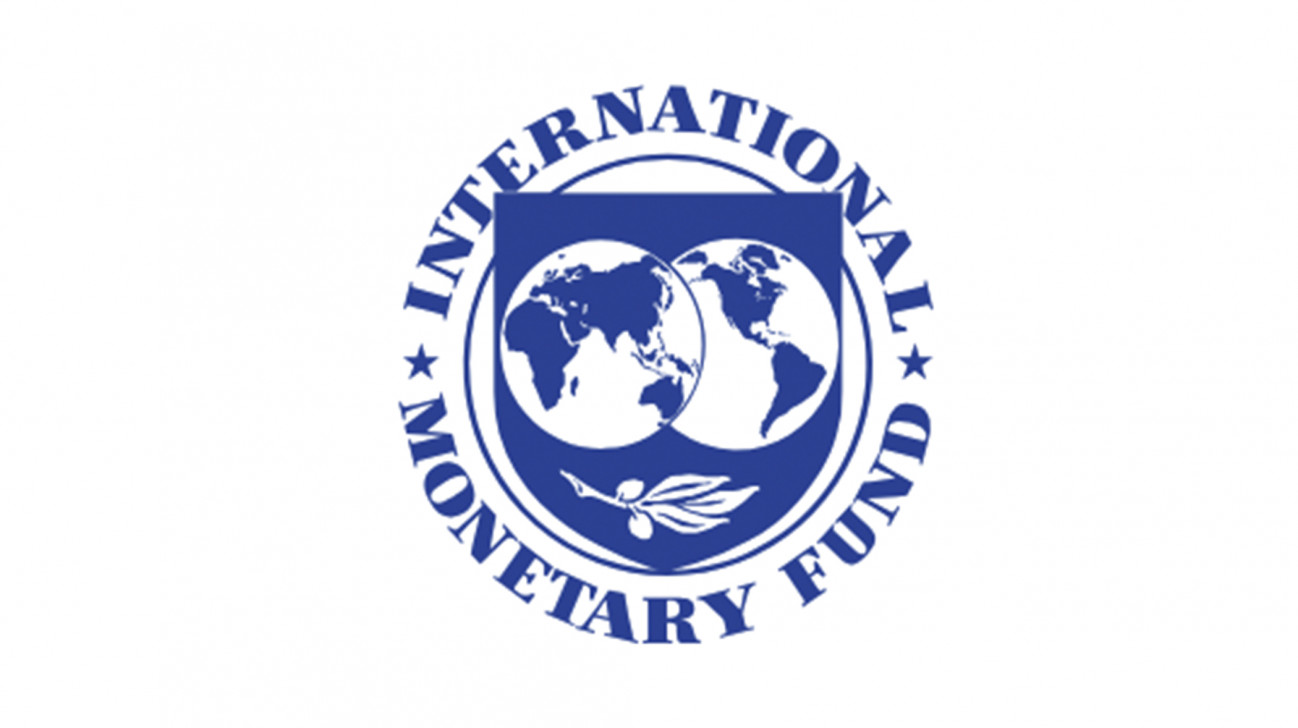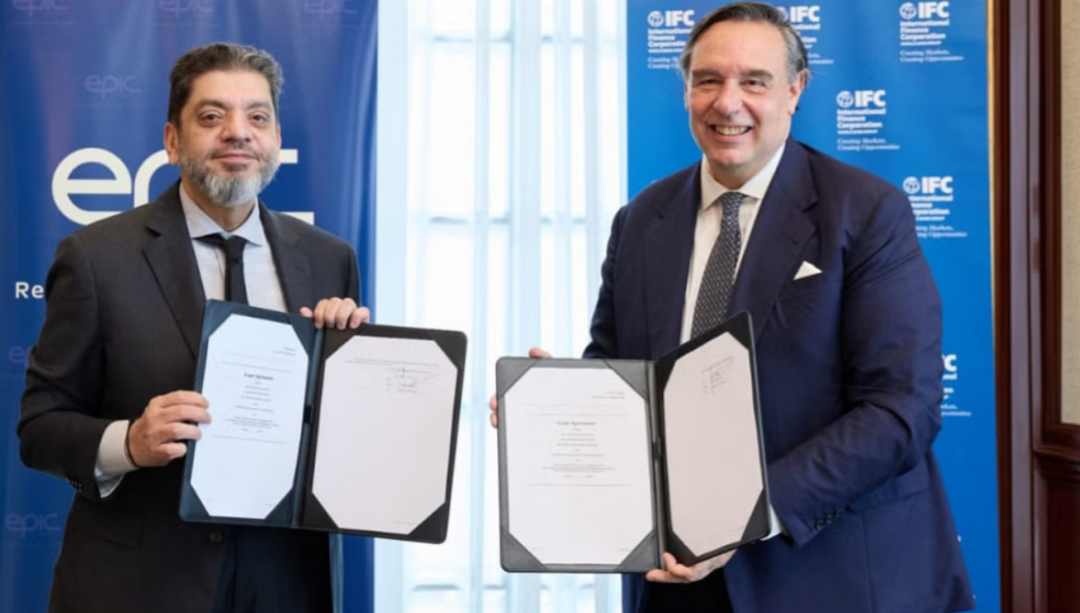The International Monetary Fund (IMF) is positive about lending an additional $3 billion to Bangladesh but the multilateral lender wants to know what reforms the interim government is planning to take.

The topic came up during Finance Adviser Salehuddin Ahmed’s maiden meeting with the Washington-based lender on Thursday.
Chris Papageorgiou, chief of the IMF staff mission that is overseeing the $4.7 billion loan programme for Bangladesh, led the IMF team at the virtual meeting, which was also attended by Finance Secretary Khairuzzaman Mozumder.
Speaking with journalists at the Secretariat yesterday, Salehuddin said the IMF wanted to know about reform plans and whether the tax-to-GDP ratio would increase.
“I told them ‘definitely‘,” he added.
He said the Bangladesh Bank has already moved for the $3 billion loan proposal, adding that details would be discussed when an IMF mission visits Bangladesh later this month.
Following his appointment as Bangladesh Bank governor last month, Ahsan H Mansur initiated talks over an additional loan from the IMF to repay foreign liabilities and boost foreign exchange reserves.
IMF officials informed the finance ministry and central bank officials that they are assessing how much it can lend to Bangladesh without exceeding the quota for the country.
According to finance ministry calculations, Bangladesh can take another $3 billion without exceeding the quota.
A meeting on the loan arrangement could be held on the sidelines of the World Bank-IMF annual meeting in Washington in October, an event Bangladesh’s finance adviser and central bank governor are likely to be a part of.
The IMF has so far released $2.3 billion under the $4.7 billion loan programme since it was approved in January last year.
The interim government took charge amid high inflation and depleting foreign currency reserves, issues that have been prevalent for almost two years.
Inflation remained high in July, with the consumer price index rising by 1.94 basis points to 11.66 percent while food inflation crossed 14 percent in July for the first time in 13 years.
Meanwhile, Bangladesh’s foreign exchange reserves, which stood at more than $40 billion in July 2022, almost halved to $20.5 billion on August 21, according to the IMF’s BPM6.
The interim government has taken some measures to tackle the situation, such as hiking the policy rate and implementing some strict measures for the banking sector.



